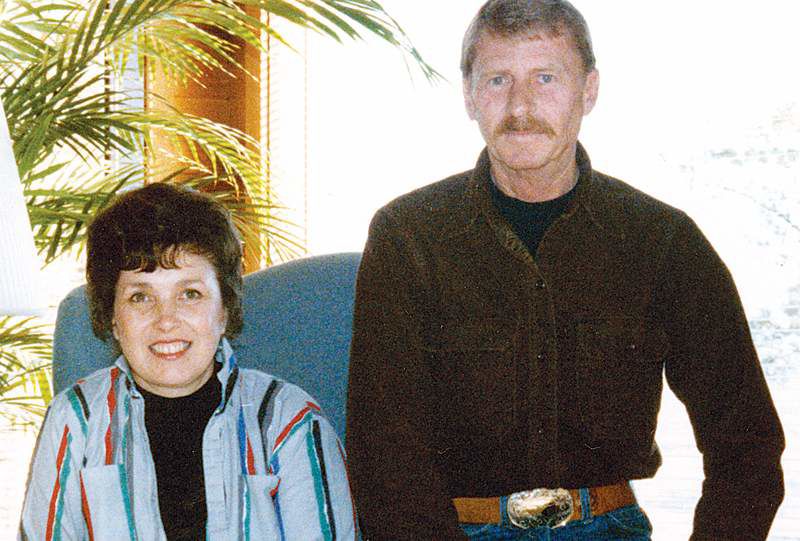Here’s the crime: At what penalty?
Published 5:00 am Thursday, July 31, 2008

- Randy Lee Guzek and two others murdered Lois and Rod Houser in 1987, three years after this photo was taken.
It was 3 a.m. on June 29, 1987, when Randy Lee Guzek, James Wilson and Donald Ross Cathey pounded on the door of Rod and Lois Houser’s ranch-style home in Terrebonne.
The men were high on methamphetamine and armed with a rifle and a gun.
After an aborted attempt at killing a random stranger in Bend earlier in the evening, Guzek, then 18, suggested targeting the Housers, according to trial testimony. Their niece had ended a dating relationship with Guzek, and, after he tried repeatedly to contact her, Rod Houser intervened and told Guzek to stay away.
When Rod Houser opened the door, Guzek told Wilson to shoot him. Houser, 51, sustained more than 20 bullet wounds from a .22-caliber gun.
Lois Houser, 49, ran up the staircase. Guzek chased her and shot her twice. She tried to hide in a linen closet, but Guzek found her, shot her in the head at point blank range and yanked the wedding ring from her hand as she lay dying.
To make the murder look like a ritual killing, the men stabbed Lois Houser and put the knife and an open Bible in her husband’s hands.
Then they looted the house.
Within two weeks of the Housers’ murders, police arrested Guzek, Wilson and Cathey on suspicion of robbery and murder.
Among other stolen items, investigators found the Housers’ tablecloth laid out on the dinner table in Guzek’s parents’ home.
Wilson and Cathey were both convicted of aggravated murder and agreed to testify against Guzek to avoid the death penalty.
They are serving life sentences in state prison.
At Guzek’s murder trial, his mother and grandfather told jurors Guzek was with them at different times on the night of the Houser killings.
His grandfather testified Guzek was with him from 9 p.m. until 2 a.m. His mother said Guzek was at her house from 2:16 a.m. until 4:20 a.m., when she awoke to find him sleeping on a loveseat.
In March 1988, a 12-person jury found Guzek guilty of the Housers’ murders, robbery, burglary and theft, and sentenced him to die by lethal injection.
He was the first person given the death penalty after Oregon voters reinstated capital punishment in 1984.
The Oregon Supreme Court overturned the jury’s decision because of faulty language in Oregon’s death penalty law.
Since then, two separate Deschutes County juries have sentenced Guzek to death, one in 1991, the second in 1997. Higher courts reversed those decisions as well.
In testimony at Guzek’s second sentencing trial in 1991, Dr. George Suckow, then Oregon State Hospital’s chief medical officer, told jurors that Guzek was a sociopath with an antisocial personality disorder and would kill again if he was ever released from prison.
In the intervening years Guzek, now 39, has spent upward of 22 hours a day in a 9-by-6-foot maximum-security cell on Oregon’s death row in Salem.
He remains housed there pending the outcome of his fourth death penalty trial.






